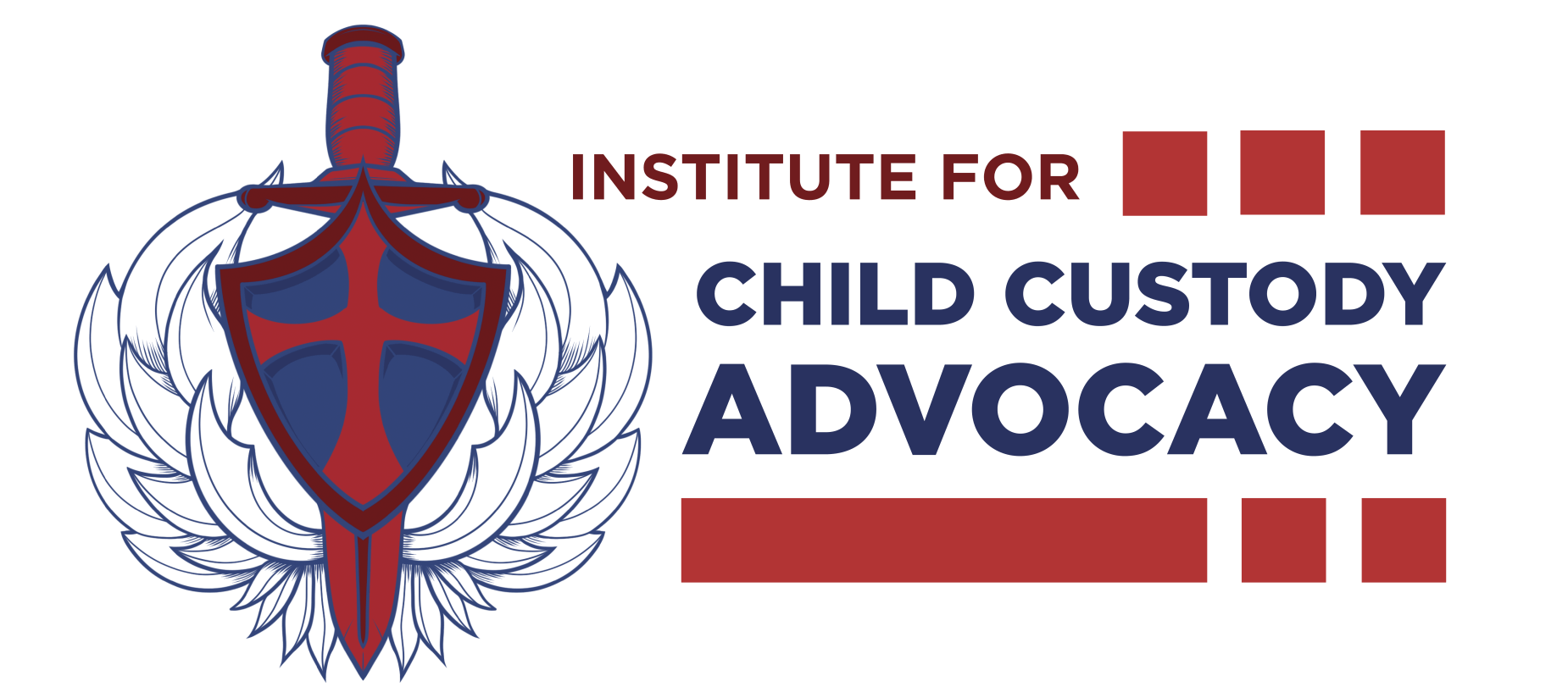What is the connection between Family Courts and Domestic Abuse?
Coercive control is a strategic form of trauma.
Studies have shown that when parents allege abusive behavior in their relationship, they often lose custody of their children. Tactics go beyond physical abuse and can include intimidation, intentional infliction of emotional distress, financial blackmail, and malicious parental behaviors, to name a few.
Couples who end up in the Family Court System often have at least one abusive party involved. It is a self-determining process, because, in most cases, with two well-meaning people, an equitable settlement is made before ever entering the Family Court System.
Coercive control is an act or a pattern of acts of assault, threats, humiliation, intimidation, or other abuse that is used to harm, punish, or frighten survivors.
Signs of coercive control include:
1. Removal of economic independence
2. Isolation from friends, family, and religion
3. Erosion of self-esteem through words and actions
And if the survivor still has the courage to leave, the abuser could…
4. Try to take children away or turn children against their parent
Domestic violence groups work hard to address the first three abuse factors mentioned above. The Institute for Child Custody Advocacy’s primary purpose is to focus solely on the fourth.
The Family Court System should not be weaponized. No one should have to endure the pain of an abusive co-parent willing to turn the children into a cruel form of currency— given as a reward for exhibiting certain desired behaviors and removed as a punishment for perceived (or actual) grievances.




